
Bibek Raj Kandel, New World AsiaGlobal Fellow Energy and Climate Policy Expert
Sebastian Contin Trillo-Figueroa, Geopolitics Analyst in EU-Asia Relations and AsiaGlobal Fellow, The University of Hong Kong
Aug 01, 2025
Nepal’s EV surge, powered by Chinese technology and domestic hydropower, has displaced India’s industrial influence and exposed weaknesses in Delhi’s regional strategy. While it marks a shift in regional power, the transformation remains fragile, reliant on subsidies and foreign supply chains.
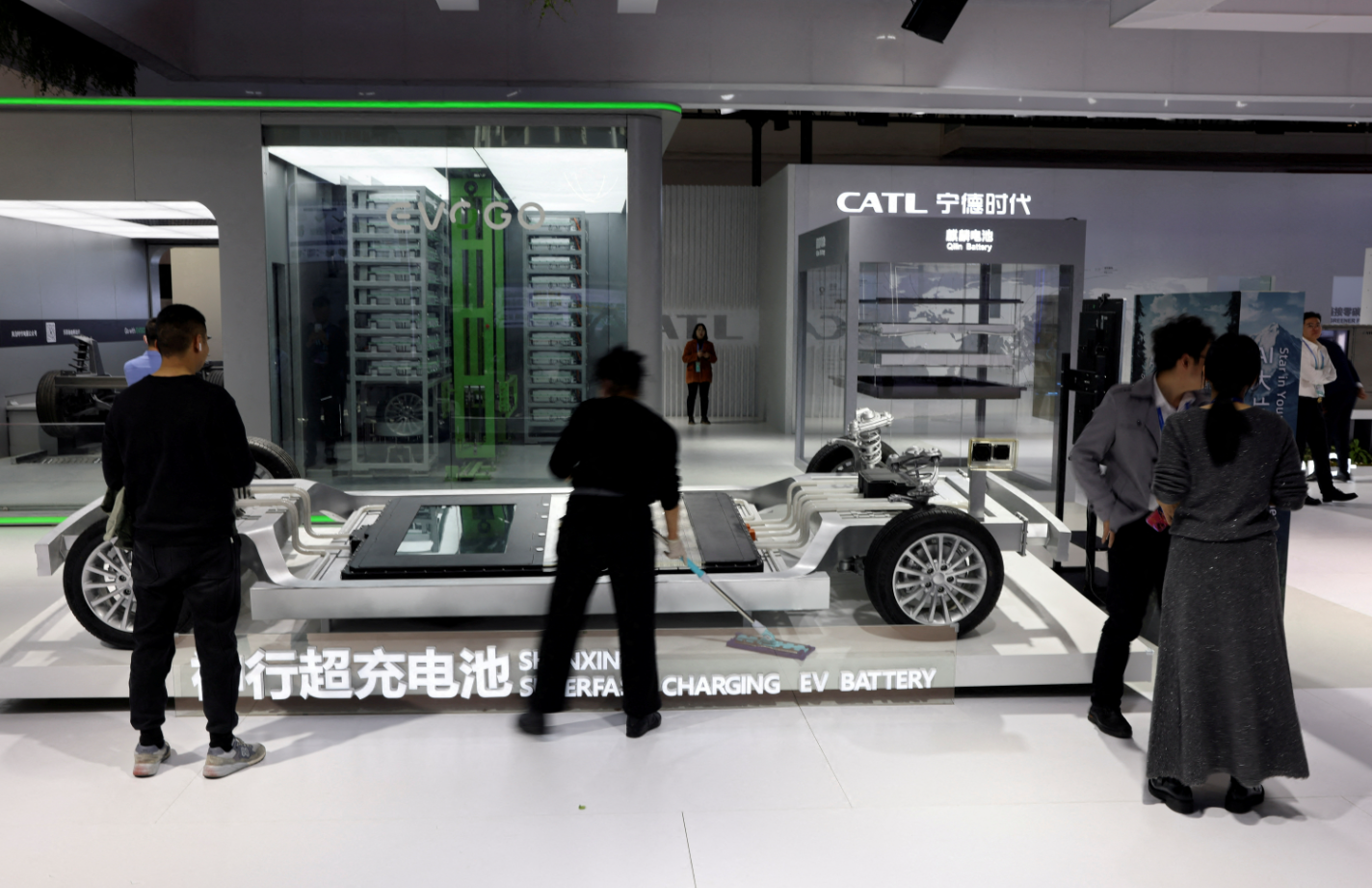
Emmanuel Guerin, Fellow and Special Adviser to CEO at European Climate Foundation
Bernice Lee, Distinguished Fellow and Special Adviser, Chatham House
Aug 01, 2025
Earlier this year, the Chinese firm CATL, the world’s largest battery-maker, unveiled an electric-vehicle (EV) battery capable of delivering a remarkable 520 kilometers (323 miles) of driving range after just five minutes of charging. The announcement came a month after BYD, China’s leading EV manufacturer, launched its own ultra-fast charging system. In solar, too, the numbers are staggering: Chinese firms can now produce over 1,200 gigawatts of solar panels annually.
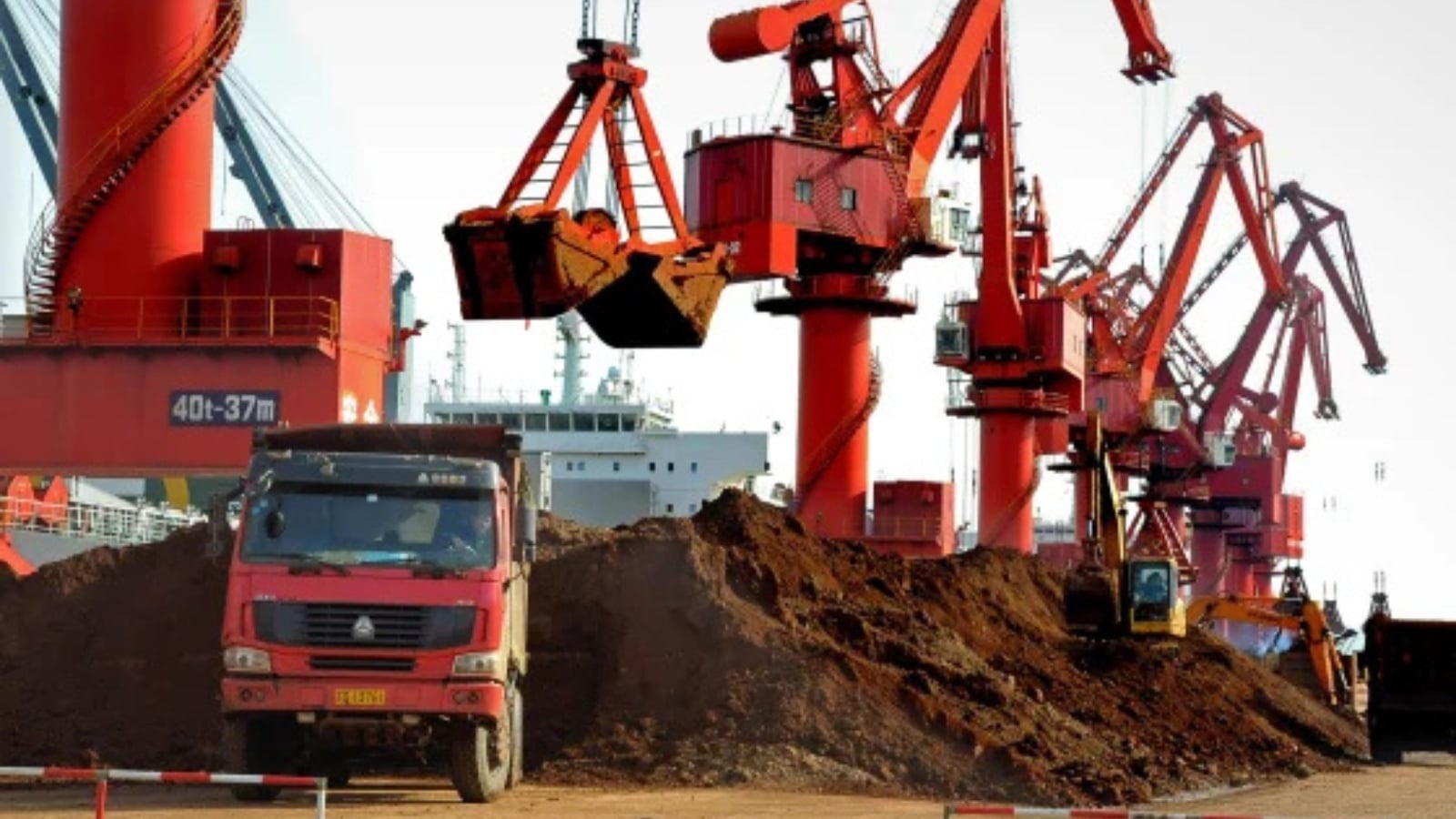
Christopher A. McNally, Professor of Political Economy, Chaminade University
May 23, 2025
China’s new export licensing system strengthens its control over key rare earth elements, deepening supply chain risks. Although new processing facilities are emerging abroad, they won’t soon offset China’s dominance, prolonging global uncertainty.
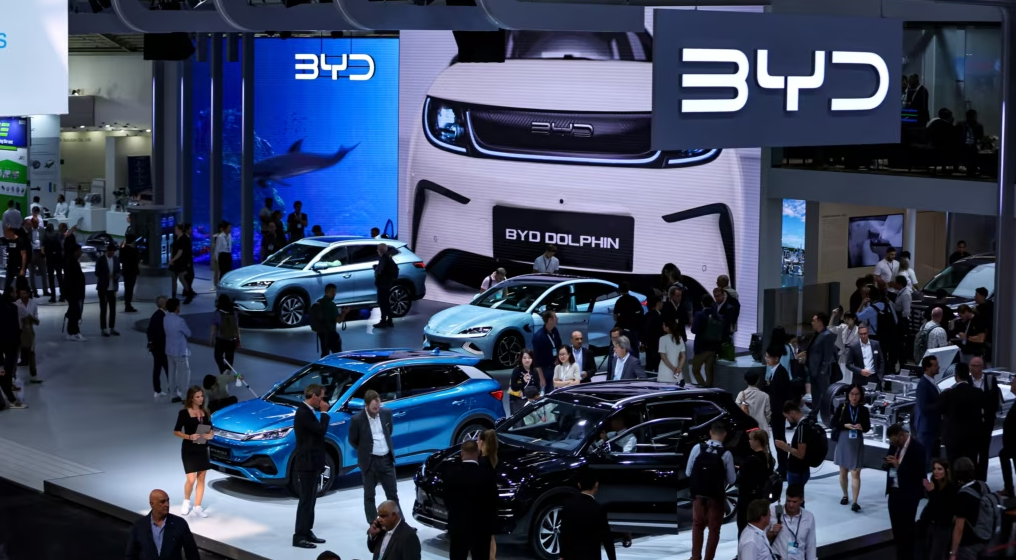
John Darwin Van Fleet, Director of Corporate Globalization at Antai College of Economic and Management, Shanghai Jiao Tong University
May 13, 2025
China’s rise to dominance in electric vehicles, much like Japan’s earlier challenge to U.S. automakers, has prompted an aggressive American response, including tariffs and industrial policy aimed at countering Beijing. But the past offers a valuable lens for understanding today’s EV race and what may come next.
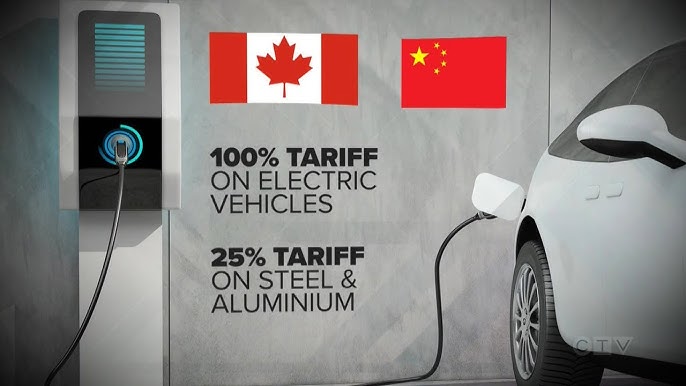
Hugh Stephens, Distinguished Fellow, Asia Pacific Foundation of Canada
Oct 04, 2024
As one of the United States’ closest allies in the West, Canada’s foreign policy tends to generally align with that of the U.S. With anti-China tensions building in both countries, Canada’s latest moves could end up hurting its relationship with China without a more nuanced approach.
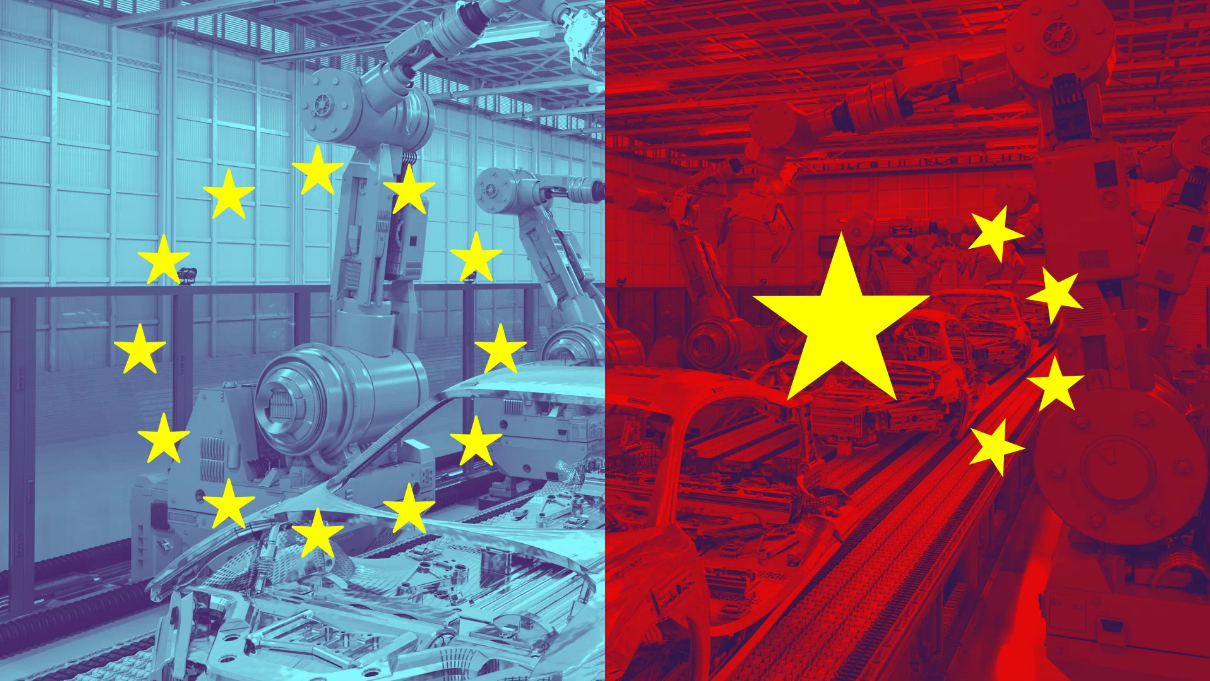
Sebastian Contin Trillo-Figueroa, Geopolitics Analyst in EU-Asia Relations and AsiaGlobal Fellow, The University of Hong Kong
Aug 05, 2024
By imposing provisional duties on Chinese EV imports, the EU seeks to protect its automotive industry while navigating complex internal and external pressures, with the potential for significant economic and geopolitical fallout if a full-scale trade war ensues.
Dong Yifan, Associate Research Fellow, Belt and Road Academy of Beijing Language and Culture University
Jul 26, 2024
As the countries lean more to the left, they may use relations with China to counter the growing radical right movement in the United States and its domino effect in Europe.
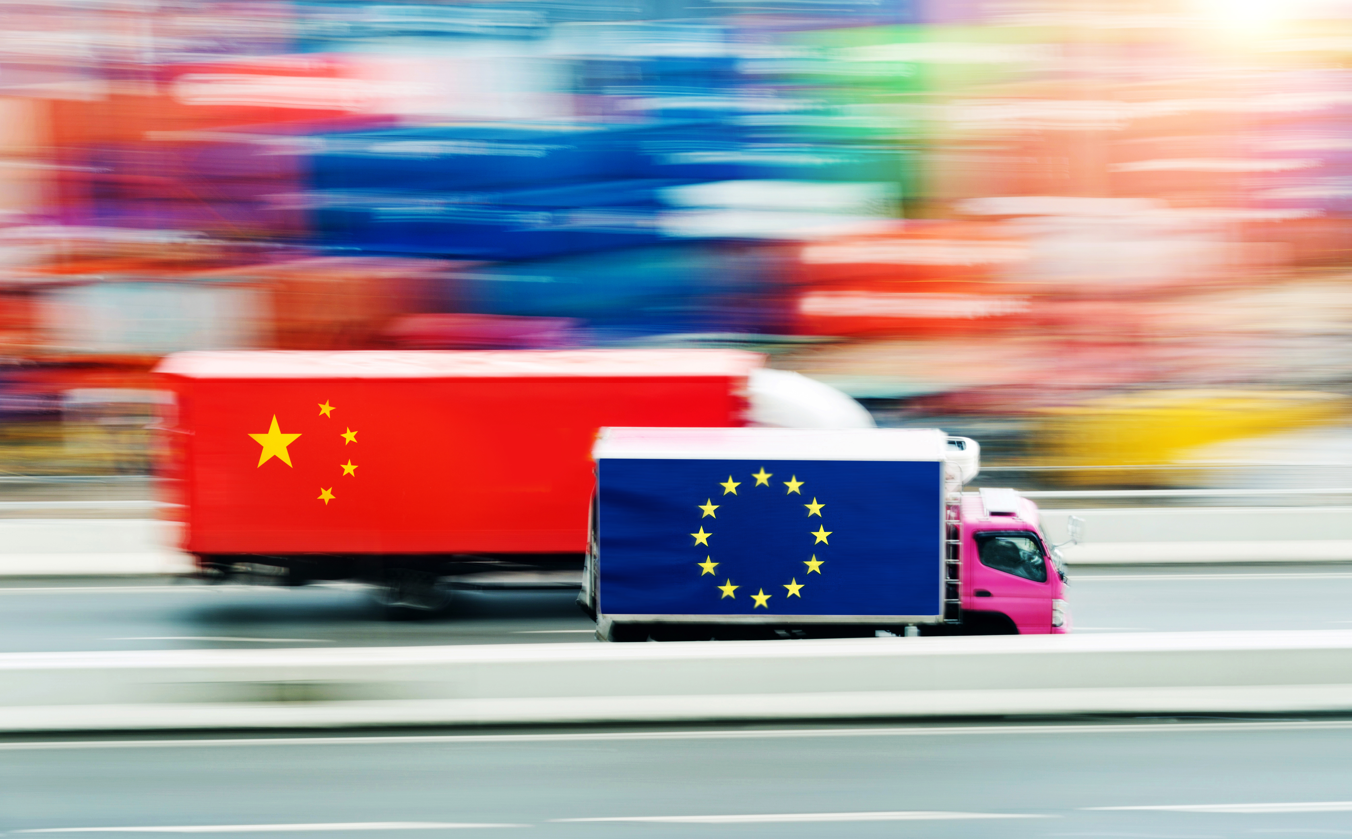
Shang-Jin Wei, Professor, Finance and Economics at Columbia University
Jun 20, 2024
On June 12, the European Union announced new provisional levies on Chinese electric vehicles (EVs), with the tariff level to be based on estimates of how much state support an EV exporter receives. The new tariffs follow from a months-long investigation into China’s use of financial subsidies, and they will be imposed on top of the 10% tariff that the EU already has in place. They are “provisional” because they might be revised downward if Chinese producers can offer evidence that the support they receive is less than estimated. Separately, if the EU can reach an agreement with China to reduce the volume of Chinese EV exports to Europe, the new tariffs may not be implemented.
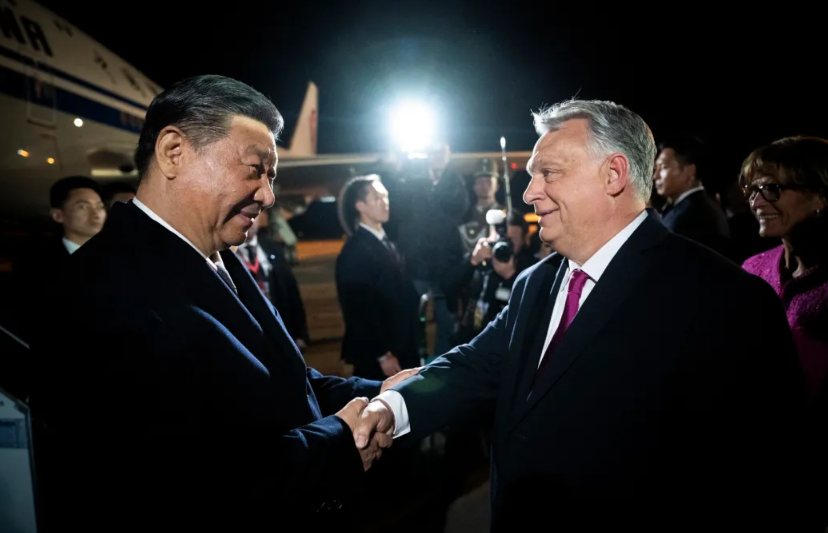
Vasilis Trigkas, Visiting Assistant Professor, Schwarzman College, Tsinghua University
Jun 07, 2024
Hungary's strategic partnership with China represents a bold pivot aimed at enhancing its geopolitical and economic standing amidst an era of great power competition. But to safeguard itself from geopolitical storms Hungary aims to work within the EU and punch above its weight to catalyze European strategic autonomy.
Back to Top

- China-US Focus builds trust and understanding between the U.S. and China through open dialogue among thought leaders.
- Our Offerings
- Topics
- Videos
- Podcasts
- Columnists
- Research Reports
- Focus Digest
- Stay Connected
-
Thanks for signing up!
- Get the latest stories from China-US Focus weekly.